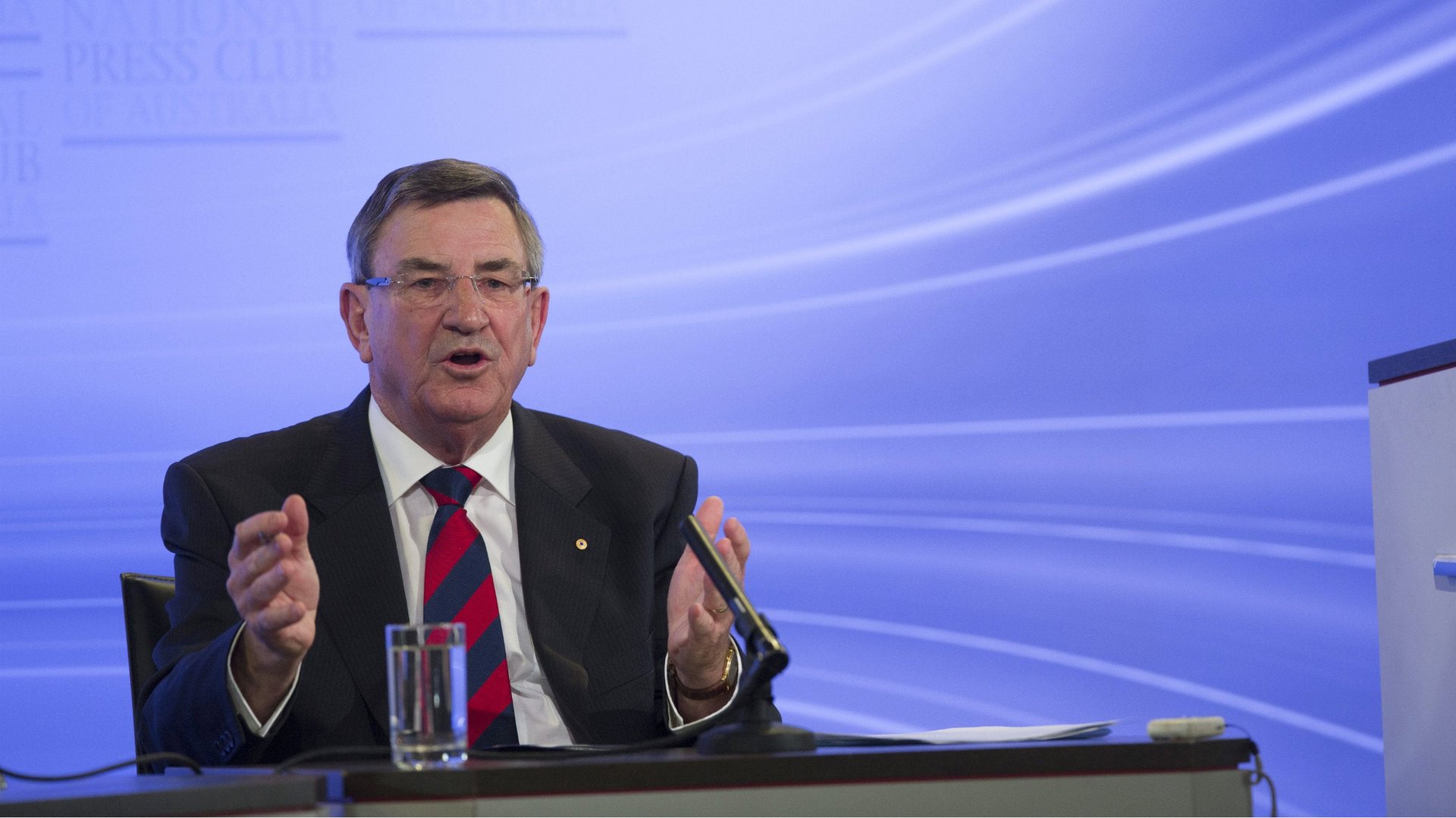Australia’s new government extends Huawei ban after spy briefing
Just last week, things were looking pretty sunny for Huawei in Australia. The Chinese telecom firm, previously banned from bidding on the country’s National Broadband Network because of concerns about national security under the old Labour government, was hearing all the right noises.


Just last week, things were looking pretty sunny for Huawei in Australia. The Chinese telecom firm, previously banned from bidding on the country’s National Broadband Network because of concerns about national security under the old Labour government, was hearing all the right noises.
New trade minister Andrew Robb said on a trip to Shanghai on Oct. 24 that he “strongly support[ed]” reviewing the ban on the world’s second-largest telecom equipment maker, telling the Australian Financial Review that Huawei “has a big future in Australia.” Communications minister Malcolm Turnball made similarly encouraging noises.
But then on Tuesday, less than a week after Robb’s bullish comments, Australia attorney general George Brandis said the government had decided to maintain the ban after being briefed by its national security agencies.
“The decision of the previous government not to permit Huawei to tender for the NBN was made on advice from the national security agencies. That decision was supported by the then opposition after we received our own briefings from those agencies,” he told Reuters.
So what was in those briefings? The specifics are not clear, but the gist isn’t hard to guess: Former CIA and NSA director Michael Hayden told the AFR in July that Huawei “has spied for the Chinese government, and intelligence agencies have hard evidence of its activities.” Such evidence has not, however, been made public. Huawei insists that its hands are clean, and has called for more cyber-security transparency in the wake of Edward Snowden’s NSA revelations.
Western intelligence agencies fear that Huawei has ties to the Chinese military and could provide covert backdoors to broadband networks, allowing Beijing to snoop on or disable crucial communications. Huawei counters that it has no such ties, and has never been asked by any government to provide covert network access.
Huawei is effectively banned from doing business in the United States. Among US allies, Australia has been the toughest on Huawei. Britain has allowed the company to provide some telecom equipment but is conducting a review of security issues related to the firm, while New Zealand has allowed the Huawei to build a nationwide wireless network and other critical infrastructure.
Huawei was not immediately available for comment.